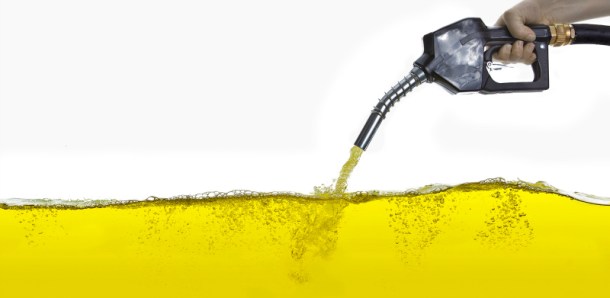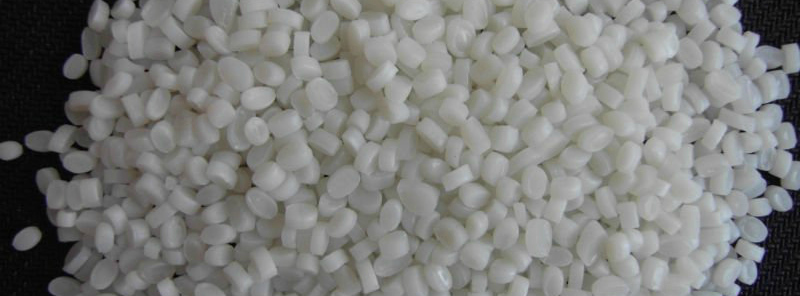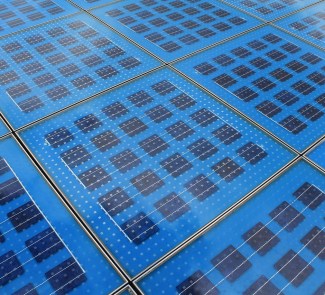Indian scientists have developed an innovative method to obtain fuel for cars from plastic
Who hasn’t dreamed of living in the futuristic world of Back to the Future II, with its hoverboards, holograms, self-adjusting sneakers and a DeLorean that runs on trash? But the truth is that even though some of these inventions seem out of reach, in the near future we just might see cars running on bags and other discarded plastic. Maybe it’s not the most glamorous invention in the film, but it would undoubtedly be a big step forward when reducing the ecological footprint generated by the massive use of plastic bags, and also reducing the dependence on oil as a fuel.
Indian scientists Achyut Kamar Panda from the Centurion University of Technology and Management in Odisha and Raghubansh Kumar Singh of the National Institute of Technology have been working for several years on an effective way to transform plastic waste, such as bags, into liquid fuel for vehicles. In their research, these chemists have developed commercially viable technology for transforming LDPE (low-density polyethylene) used to make bags and plastic bottles into fuel. To do this, the plastic waste has to be heated to between 400 and 500°C using kaolin as a catalyst. In this process, the long plastic polymer chains are broken down in a process known as thermocatalytic decomposition. This allows them to form large quantities of carbon-rich molecules.

Using gas chromatography along with mass spectrometry, the scientists realised that the result was liquid fuel, mainly paraffin and olefin with 10 and 16 carbon atoms. According to the discoverers, this product is very similar to conventional fuel.
In the study, the team of scientists explain, they have managed to optimise the chemical reaction to achieve 70% efficiency, at 450°C and with the smallest possible quantity of kaolin. In other words, 700 grams of liquid fuel would be obtained from 1 kilogramme of plastic waste.
The results of the research are available in the February edition of the International Journal of Environment and Waste Management.
In recent months, here at Think Big, we’ve been talking a lot about different scientific advances in the search for other ways to synthesise fuel that we can use in our vehicles. In December, we highlighted a study that had managed to transform algae into biofuel in just a few minutes and the efforts by a Japanese company to bring the price of hydrogen in line with the price of gasoline in order to use it as an alternative fuel. The success and future success of these new techniques will depend on their economic and commercial feasibility and whether or not they can offer a price that is more competitive than the existing options.
Image UIdaho









